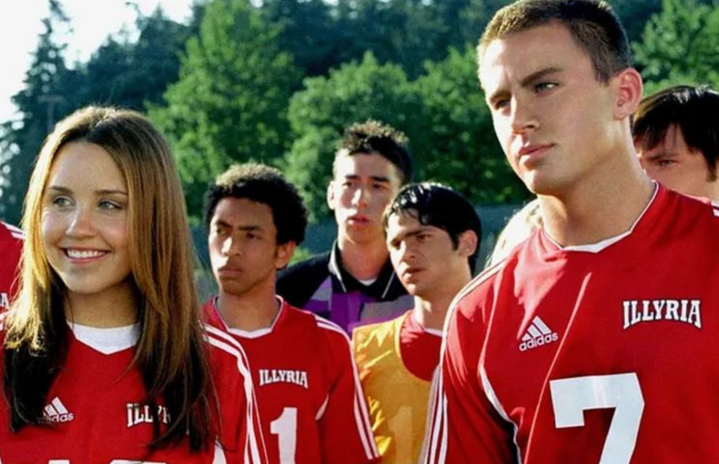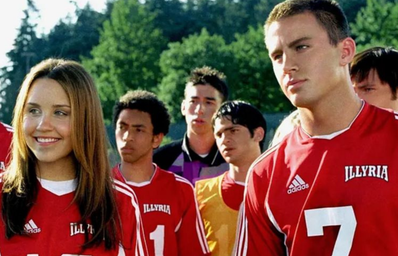In August of 1939, when Metro-Goldwyn Mayer released their brand new Technicolor film The Wizard of Oz, Judy Garland found herself quickly on the rise to become one of the most famous child actors of her time, joining the likes of Shirley Temple and frequent MGM co-star Mickey Rooney. In theaters all across the country, Garland captivated audiences with her charm and her emotional and electrifying performance of “Over the Rainbow”. It was very evident at the time, and still today, that Judy Garland had one of the most impressive voices that most had ever heard. She also had one of the most extensive careers of anyone in Hollywood. To many, her career appeared to be any child’s dream: to be on a bright and colorful set, sing fun songs, wear stylish costumes, and soak in the limelight with a smile from ear to ear. But for Judy, her career was anything but.
Child Actors in the golden age
From the very beginning of her time working with MGM, starting when she was just 13 years old, she was subjected to horrendous abuse at the hands of the studio, especially from studio head Louis B. Mayer. In order to keep her looking as young as possible, they wanted her to lose weight and keep a certain figure to keep her job. This involved executives putting her on a strict and destructive diet, in which they only allowed her to consume chicken soup, black coffee, and cigarettes. She was also forced to take amphetamines to keep her awake for as long as they wanted her to work, and then barbiturates to help her sleep afterward. Judy has even said that during her time working on films with co-star Mickey Rooney, the studio would give them the drugs to keep them awake and working for 72 hours straight, and then knock them out so they could sleep. In her first five years working with MGM, Judy starred in a total of 13 films, which was very evidently only able to be accomplished through the studio constantly overworking her and drugging her.
This overworking phenomenon can be seen among other child actors of the time, like Shirley Temple, who starred in over 20 films all before she turned 10. In addition to this, from her early childhood, she was sexualized by the adult men she was working with, and subjected to various other types of abuse. This can be seen when in 1932. When she was just four years old, she starred in the short series “Baby Burlesques,” which was entirely centered around putting preschool-aged children in adult-like scenarios. In her autobiography, Shirley even described this series as “a cynical exploitation of our childish innocence.” In her adulthood, she recounted that on the set of the show, if any of the children misbehaved, they would be forced to sit on a block of ice in a windowless, soundproof booth. Of course, when we read about all this nowadays, we are rightfully disgusted and horrified. And of course, we’re going to think that because that was a long time ago, nothing like this happens anymore.
Well yes, but actually no.
The dan schneider Era
In 1993, the children’s network Nickelodeon had hired Dan Schneider to be a writer on their new sketch comedy show All That, which kickstarted the careers of many notable actors, such as Kel Mitchell, Kenan Thompson, and Amanda Bynes. Bynes ended up being so popular with audiences (and with Schneider), that she got her own show, a spinoff to All That titled The Amanda Show, which also introduced the world to Drake Bell and Josh Peck. To kids watching, it looked like a dream come true for the young actors. But with the release of the Investigation Discovery docuseries Quiet on Set: The Dark Side of Kids TV, we have learned that for many of these kids, their experiences were very similar to those of the child actors of the Golden Age of Hollywood.
Yes, of course, there are now actual child labor laws in place to protect these kids. There are legal requirements as to how long and for how many days a week they can be on set. In some ways, it seems like the Nickelodeon kids were much better off than child actors 60 years prior. But this is not the case. Like Shirley Temple, actors like Amanda Bynes, Miranda Cosgrove and Jennette McCurdy from iCarly, and Ariana Grande from Victorious were subjected to being sexualized on television for millions to watch. From Amanda Bynes playing a character named Penelope Taynt (an obvious sex joke to adults), to an uncomfortable amount of shots of Miranda Cosgrove’s feet, to videos of Ariana Grande pouring water on herself and juicing a potato in a sexual way, these jokes were inescapable during the 90s-2000s era of Nickelodeon.
All of these shows were ran by Dan Schneider, and it’s very evident how much of a creep he really is when we watch the docuseries. And everything that Schneider did doesn’t even begin to scratch the surface of how much harm these kids went through. In 2004, dialogue coach Brian Peck was arrested for child sexual abuse, and all these years later, Drake Bell of Drake and Josh revealed himself to be the victim of said abuse. Even after he came forward as a child and told his story in court, Brian Peck only got sentenced to 16 months in prison, and was working on Disney Channel’s The Suite Life of Zack and Cody shortly after.
It’s very evident that in the spaces in which children are supposed to be protected, in Hollywood, that simply doesn’t matter. If you are a child actor, executives will see you as a commodity, not as a human. They will see you as a way to make themselves money, and to grow their influence and power. They will continue to employ convicted sex offenders, predators, and abusers, so long as they continue to make money at the expense of innocent children who thought they were getting to be stars. Even when given a period of 60 years for executives to make changes to protect these kids, there is silence.
Final Thoughts
Like millions of kids, I also grew up watching Disney Channel and Nickelodeon, and I would beg my parents all the time to fly us out to Los Angeles so that I could audition to be on one of those shows. But looking back now, I’m extremely grateful that they said no. They didn’t say no because they didn’t love me or they didn’t think I could act. They said no because they wanted to protect me. Protect me from the Louis B. Mayers, the Dan Schneiders, and the Brian Pecks of the industry who would’ve done nothing more than take advantage of me just to make an easy profit.
If you or someone you know is seeking help for mental health concerns, visit the National Alliance on Mental Illness (NAMI) website, or call 1-800-950-NAMI(6264). For confidential treatment referrals, visit the Substance Abuse and Mental Health Services Administration (SAMHSA) website, or call the National Helpline at 1-800-662-HELP(4357). In an emergency, contact the National Suicide Prevention Lifeline at 1-800-273-TALK(8255) or call 911.


